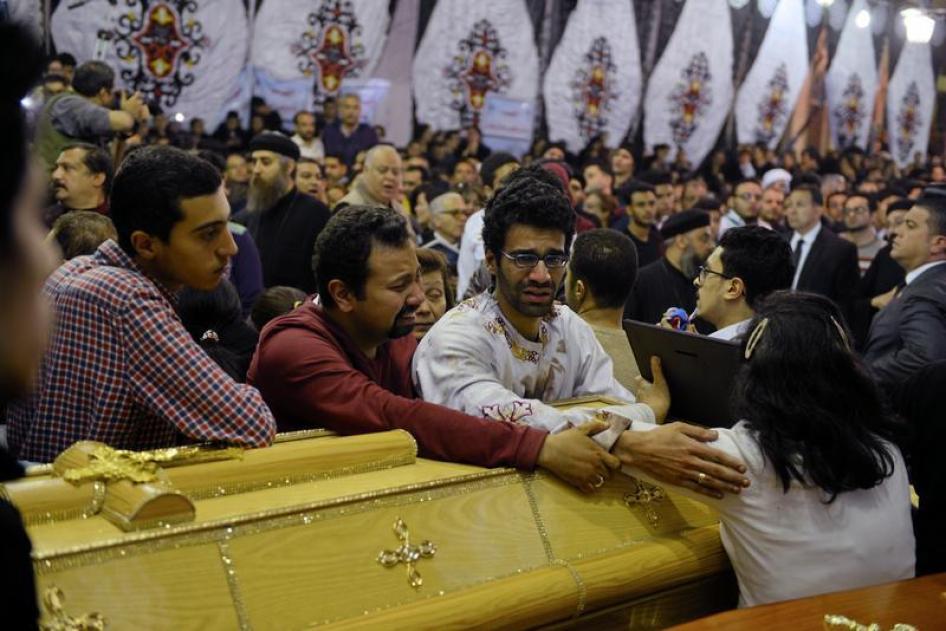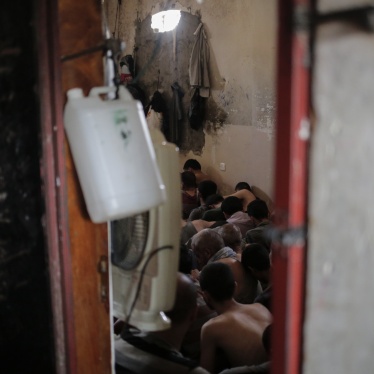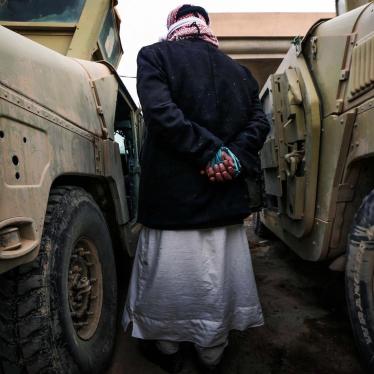United States Vice President Mike Pence, who canceled his visit to the Middle East in December amid a firestorm over US President Donald Trump’s announcement about Jerusalem, is due to visit Egypt on January 20, as part of a trip that will also include visits to Jordan and Israel to address “the shared need to combat terrorism and assist persecuted religious minorities.”
Speaking at the “In Defense of Christians” organization’s annual dinner last October, Pence said he intends to deliver a message to Arab leaders that there must be “an end to the persecution of Christians and all religious minorities” in the region.
This is indeed a worthy goal, as Egypt’s Christian community, which makes up roughly 10 percent of the population and is the largest Christian minority in the Middle East, has suffered legal and social discrimination for decades. Christians and other religious minority groups in Egypt suffer discrimination simply on the basis of their identity. But the fate of minority rights is tied to the broader state of human rights in Egypt, and must be seen as such by Pence and the US administration.
Militant groups have frequently attacked Egypt’s Christian community, claiming dozens of lives in just the last two years. The threats against Egyptian Christians are real, but Pence is wrong to claim, as he did in his October speech, that the problem is simply “radical Islamic terrorism.” This claim demonstrates a deeply flawed understanding of the situation. Even before the recent escalation of attacks claimed by the Islamic State and its affiliates, Christians faced frequent incidences of mob violence, particularly in relation to their efforts to build or renovate places of worship. This has been compounded over the years by the state’s lack of investigation and prosecution of perpetrators, and its sponsoring of “customary reconciliation” sessions that have often enabled attackers to evade justice. When the government finally issued Egypt’s first modern law to regulate the building of churches in 2016, it still enshrined discriminatory restrictions.
The current predicament of Egypt’s Christians cannot be separated from the larger human rights disaster that society as a whole is experiencing under President Abdel Fattah al-Sisi’s brutal repression. The violation of citizens’ rights has been widespread: from political opponents to atheists, religious preachers to LGBTQ individuals, even belly dancers. Pence’s boss, President Trump, has endorsed Sisi, saying he’s doing a “fantastic job.”
Whether Christian, Muslim or otherwise, anyone in Egypt who peacefully protests government policies is subject to arrest under the draconian 2013 protest law. To appreciate the state’s intolerance for free expression, one need look no further than the government’s arrest and prosecution of four Christian children and their teacher in 2016 for the “crime” of making a 30-second video “mocking” the Islamic State. They received heavy prison sentences and eventually fled the country.
In another prominent case in May 2016, Egypt’s infamous National Security Agency (NSA) raided the home of rights activist Mina Thabet, arrested him and beat him. Thabet had been one of the most vocal activists documenting discrimination and attacks against Christians in Egypt. In October 2017, a court sentenced Andrew Nassef, another Christian activist, to five years in prison under farcical terrorism charges for criticizing the government on Facebook.
If Pence really wants to combat discrimination against Christians and other minority groups, he must address Sisi’s wholescale repression, especially the crackdown on Egypt’s civil society groups, those once best placed to promote human rights and counter a broader culture of intolerance. The authorities have dragged scores of workers from independent organizations, especially rights activists, into endless investigations, frozen their assets, and threatened them with prison sentences.
Thabet was released weeks after Egypt’s security forces detained him, but they raided the organization he worked for, the Egyptian Commission for Rights and Freedoms, several times after his arrest, and the staff continue to work in a environment of persecution and fear, like several other rights organizations across the country.
The Egyptian government’s cosmetic approach to protecting Christians relies largely on empowering a few officially recognized Christian leaders, who maintain strong influence over communal affairs, including highly restrictivepersonal status laws. These leaders have also defended the government’s broader crackdown on protest, including deflecting government responsibility for the 2011 Maspero violence, in which dozens of Christians were killed while holding an anti-discrimination protest.
Back in 2011, the Christian community mobilized in massive numbers to protest the corruption, abuse, and general loss of dignity they suffered under Mubarak’s rule. Seven years later, Egypt’s Christians find themselves to be just as much under threat due to Sisi’s attempts to bully an entire society into submission and silence.
If Pence truly wants to improve the situation for Christians in Egypt, then he should use his visit to stress that traditional bilateral relations and respect for human rights are not separate realms; one is, or should be, tightly connected to the other. US support for Christians should stem from the recognition that the discrimination they face is part of a wider pattern of repression under Sisi’s regime, not just the result of extremist violence.









